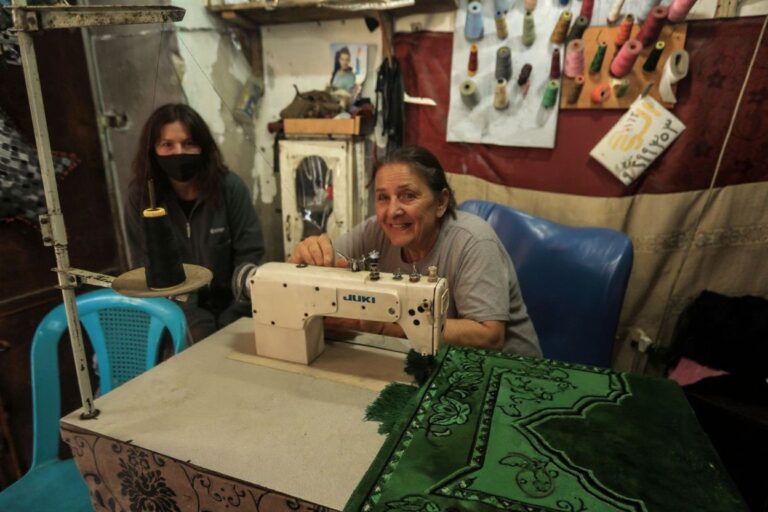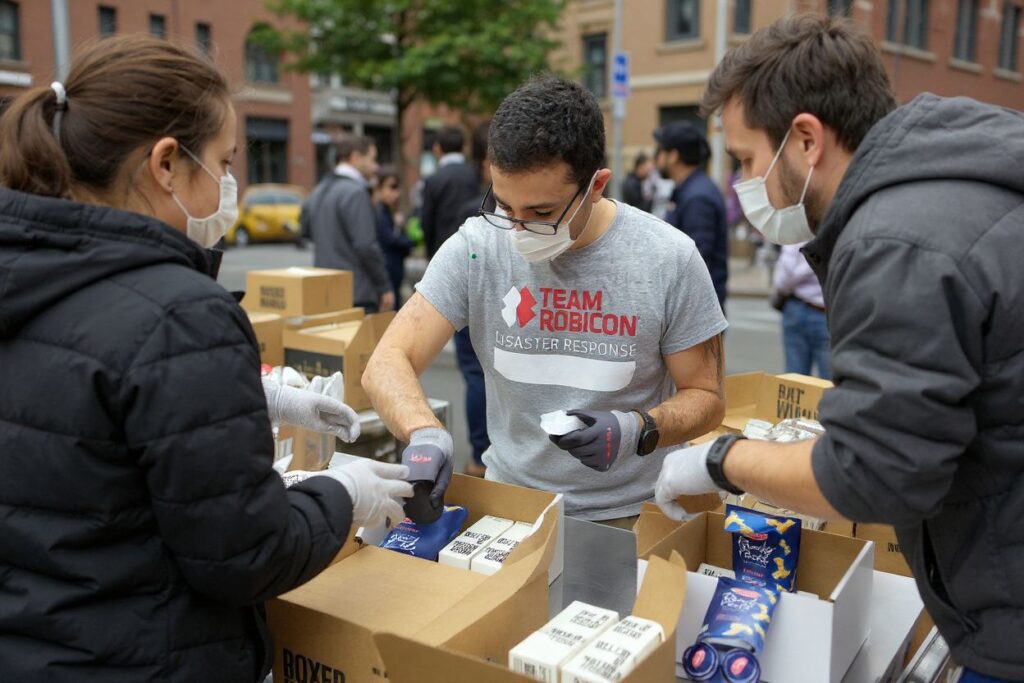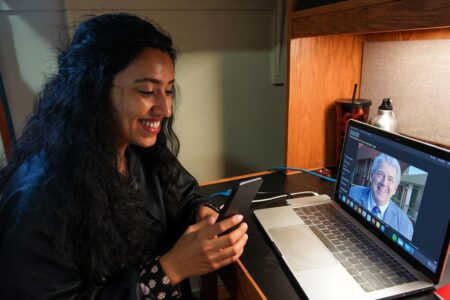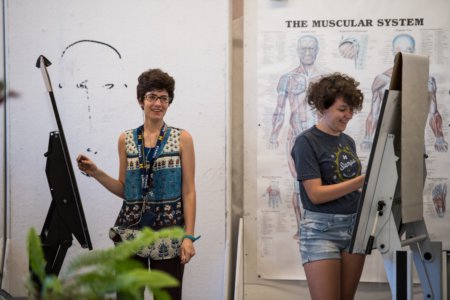
As social beings, it is only natural for us to crave connection. While COVID-19 forced millions worldwide to self-isolate, many were prompted to spend their free time gaining volunteering experience in many innovative ways.
Whether it be by making face masks, helping elderly neighbours run errands to keep them safe from exposure to the virus, or conducting online yoga classes for free to those still struggling to adapt to working remotely, volunteering has given individuals new means to connect while offering their time and skills to those that need it.
For those applying to universities in 2022, adding these initiatives to your personal statement could help convey why you would be the perfect fit for their institution.
Why volunteering experience matters
Your volunteer experience will help admissions officers understand your interests and skills — more so if you have little to no experience in the workforce. Even for candidates serious about pursuing higher education at a business school, academic results are usually not enough and they do not have to be the sole determinant for admission to a highly competitive programme.
A track record of caring for the greater good elevates university applications. Firstly, not only is volunteering good for others, but it is also good for you. Educational institutions deeply value volunteering and the integrity, commitment, and skills associated with it.
A seasoned volunteer exudes awareness of the world’s problems and highlights their capabilities to act on them instead of doing nothing. Someone with volunteering experience is often viewed as someone who cares about the futures of others and not just their own. What university wouldn’t want to have someone like this representing them?
 Volunteers help pack boxes on MLK Day, providing meals to New Yorkers in need. Source: Michael Loccisano / Getty Images for Food Bank For New York City / AFP
Volunteers help pack boxes on MLK Day, providing meals to New Yorkers in need. Source: Michael Loccisano / Getty Images for Food Bank For New York City / AFP
When it comes to the application process, it is important to remember doing something isn’t enough. You’re going to have to explain why you decided to do so. An admissions officer is not going to be interested in viewing a long list of initiatives. They would much rather read a personal elaboration in an interview, personal statement, or perhaps both.
“My general advice would be that the specific volunteer position is less important than the candidate’s ability to demonstrate impact through the experience. For some, that may mean to showcase a volunteer leadership experience because they haven’t had the opportunity to lead at work,” shares Kelly Wilson, Executive Director of Master’s Admissions at Carnegie Mellon University’s Tepper School of Business.
“For others, it may mean highlighting a cause that they are passionate about — this gives us a view into what is important to them and what motivates them.”
So how should you start? A good way is by answering these questions: How have your experiences affected you? How have they affected others? What made you want to help others? What other matters do you hold close to your heart? How else do you plan on helping others in the future? How will education help you in doing so? It is not necessary to answer all of these questions, but they can definitely help get you started.
Another key benefit is volunteering can be a route to employment or a chance to try something new and develop new skills for a career change. Interactive Voice Response research showed that developing skills (88%) and gaining work experience (83%) are important motivating factors for students engaging in volunteering. 51% of recent graduates under 30 who are in paid work stated that volunteering helped them to secure employment.
If you aren’t sure of which field you would like to join upon graduating, volunteering experience can also help you decipher which careers you are more or less better suited for. The huge variety of opportunities that are currently available in a range of different settings makes opportunities for self-discovery even more acquirable.










